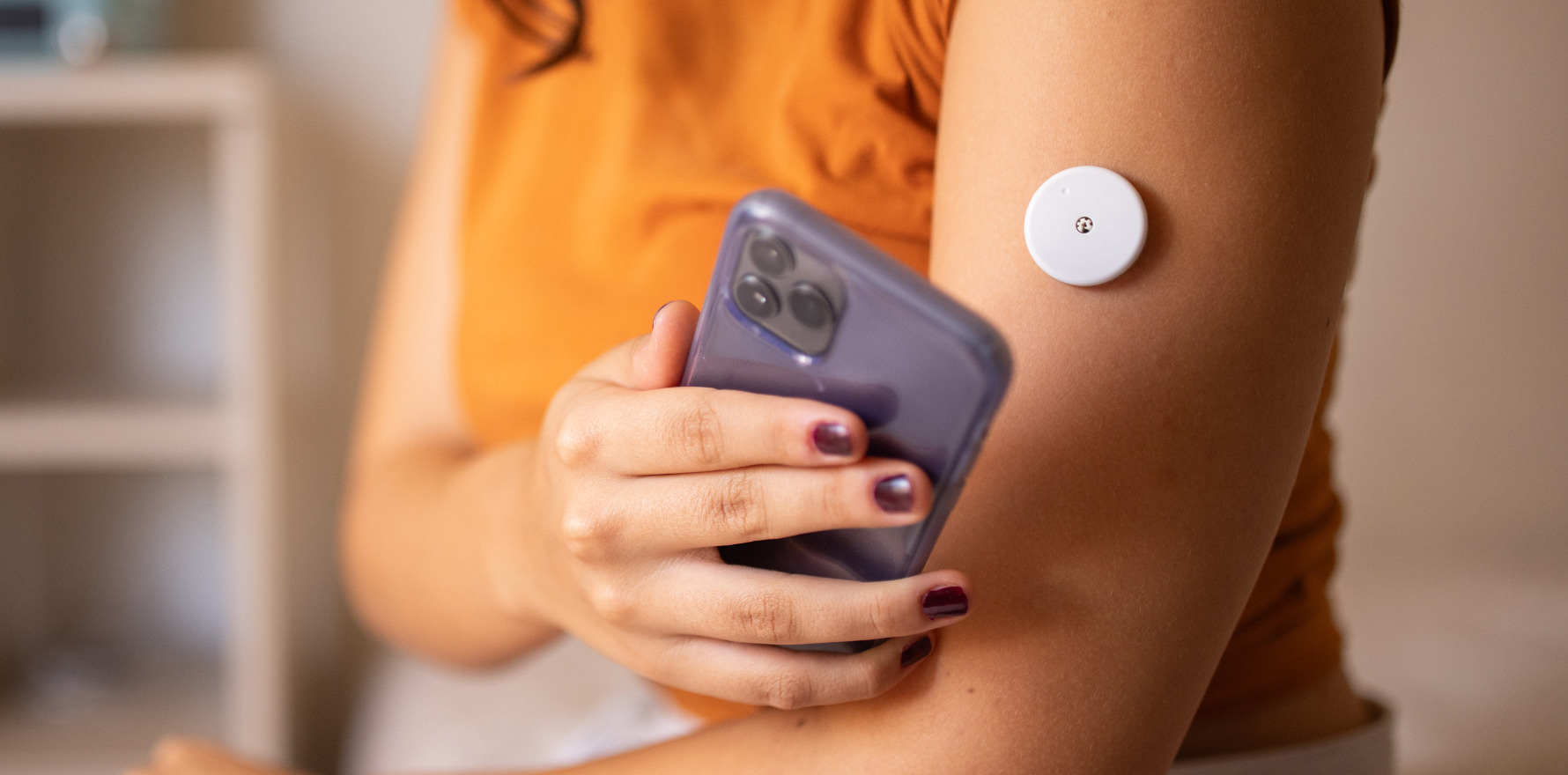DoHAC has reignited discussions about subsidised continuous glucose monitors for type 2 diabetics. The RACGP says GPs must be able to approve access.
GPs are currently excluded from the authorised certifier group for continuous glucose monitors. The RACGP is calling for this to change, amid considerations of expanding subsidised access to type 2 diabetics.
Currently, GPs are only able to approve the initiation of a subscription to a CGM for gold, and some white, Department of Veterans’ Affairs card holders.
In all other cases, initial authorisation requires sign off from an endocrinologist, credentialled diabetes educator, or other health professionals specialising in diabetes (physicians, paediatricians or nurse practitioners).
For non-DVA card holders, subsidised access to the technology is only available for type 1 diabetics.
In March this year, DoHAC flagged that the Medical Services Advisory Committee would recommence consideration of the cost-effectiveness of providing type 2 diabetes patients with CGMs under the National Diabetes Service Scheme, despite estimations that it may cost over a billion dollars.
This followed revelations that Mr Butler had asked the department to stop discussions about expanding the NDSS to include CGM subsidies for T2D last year.
MSAC is currently considering applications for the Dexcom ONE CGM for T2D and the FreeStyle Libre 2 CGM for insulin dependent T2D, gestational diabetes and type 3c diabetes.
In its submissions to the consultations, the RACGP said it was “essential” that GPs be allowed to provide access to these technologies.
“GPs are usually the most accessible health service, but barriers have been unnecessarily created to inhibit GPs from supporting their patients’ access and use of CGM systems,” it said.
“GPs are currently excluded from the authorised certifier group to certify patient access to subsidised CGM and flash glucose monitoring products for patients with type 1 diabetes mellitus.
“Managing patients with T1DM within a specialist team is within the scope of specialist GPs.
“People with T1DM are managed by a healthcare team in which GPs are central.
“It is therefore essential that GPs be allowed to provide access to this technology for people with T1DM and for people with type 2 diabetes mellitus when this is introduced.”
The college said the move would help achieve equitable access.
“Removing patients from the GP setting would increase costs, fragment care, burden patients and carers and defeats quality of life benefits,” reads the submission.
“While there may be additional short-term costs in developing educational resources for GPs, the alternative of requiring patients to visit endocrinologist and credentialled diabetes educators could negatively impact healthcare economics, patient satisfaction and accessibility, particularly in regional and rural areas with more limited access to these professionals.”
The college added that it welcomed additional availability of GP education and resources to help support CDM use.
“However, the RACGP does not support any mandate for GPs to complete additional educational requirements as this will only increase barriers to patients accessing appropriate diabetes services.”
It encouraged public funding of this technology for those with T2D, noting that evidence supported the use of this CGM for those with T2D on insulin, either basal or basal-plus (with added mealtime insulin), or those using formulated and co-formulated insulin.
Related
It did flag that cohorts in trials were generally small and studies lacked long term data.
“It is essential to assess whether the benefits can be sustained in real-world settings outside of defined clinical trials, especially given the request for permanent ongoing funding,” said the college.
“We propose this technology would be best utilised in newly initiated users whilst titrating insulin and stabilising glycaemia or when there is a clinical need such as managing recurrent hypoglycaemia.”
Results from the MSAC analyses are expected next year.





